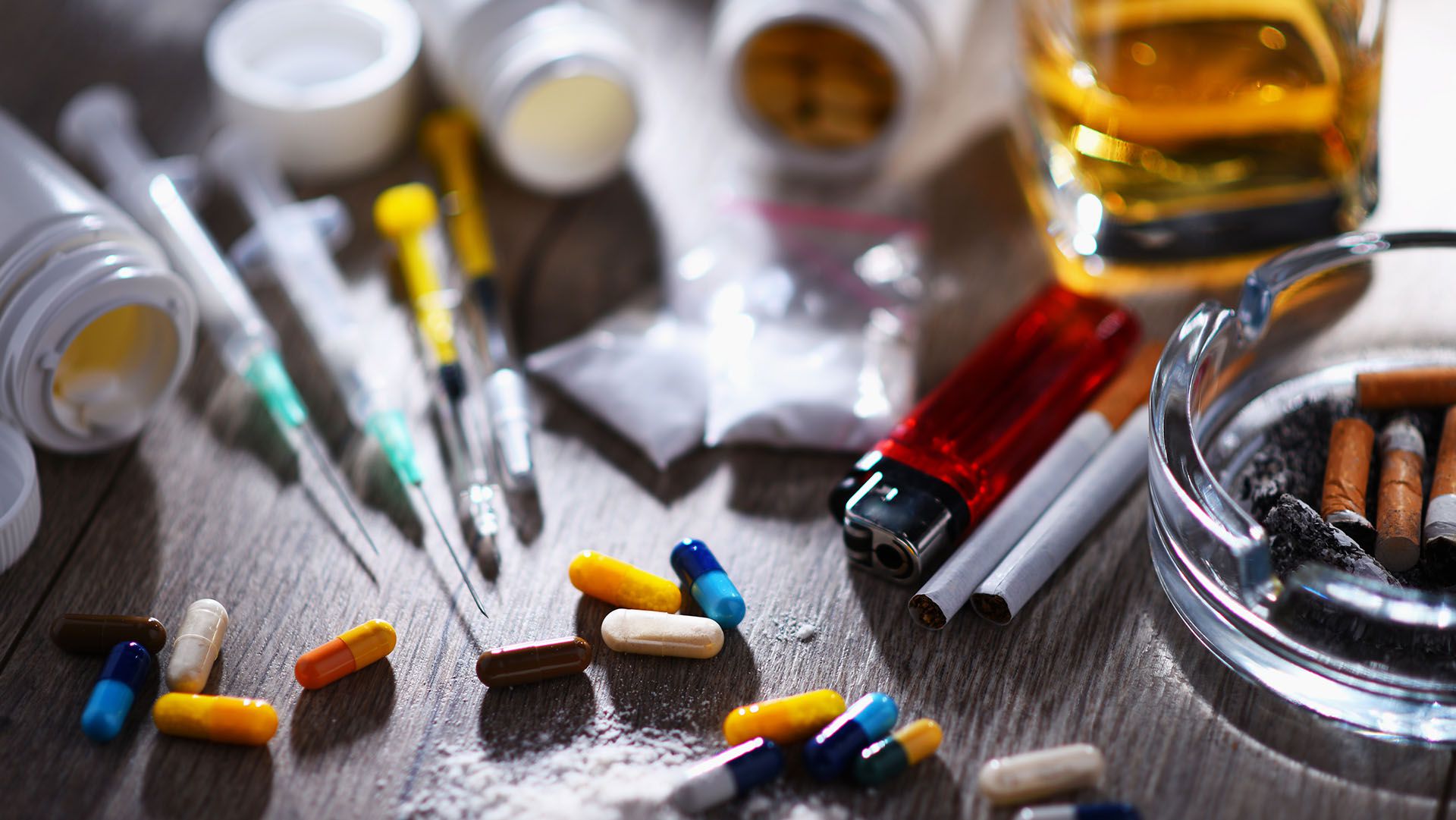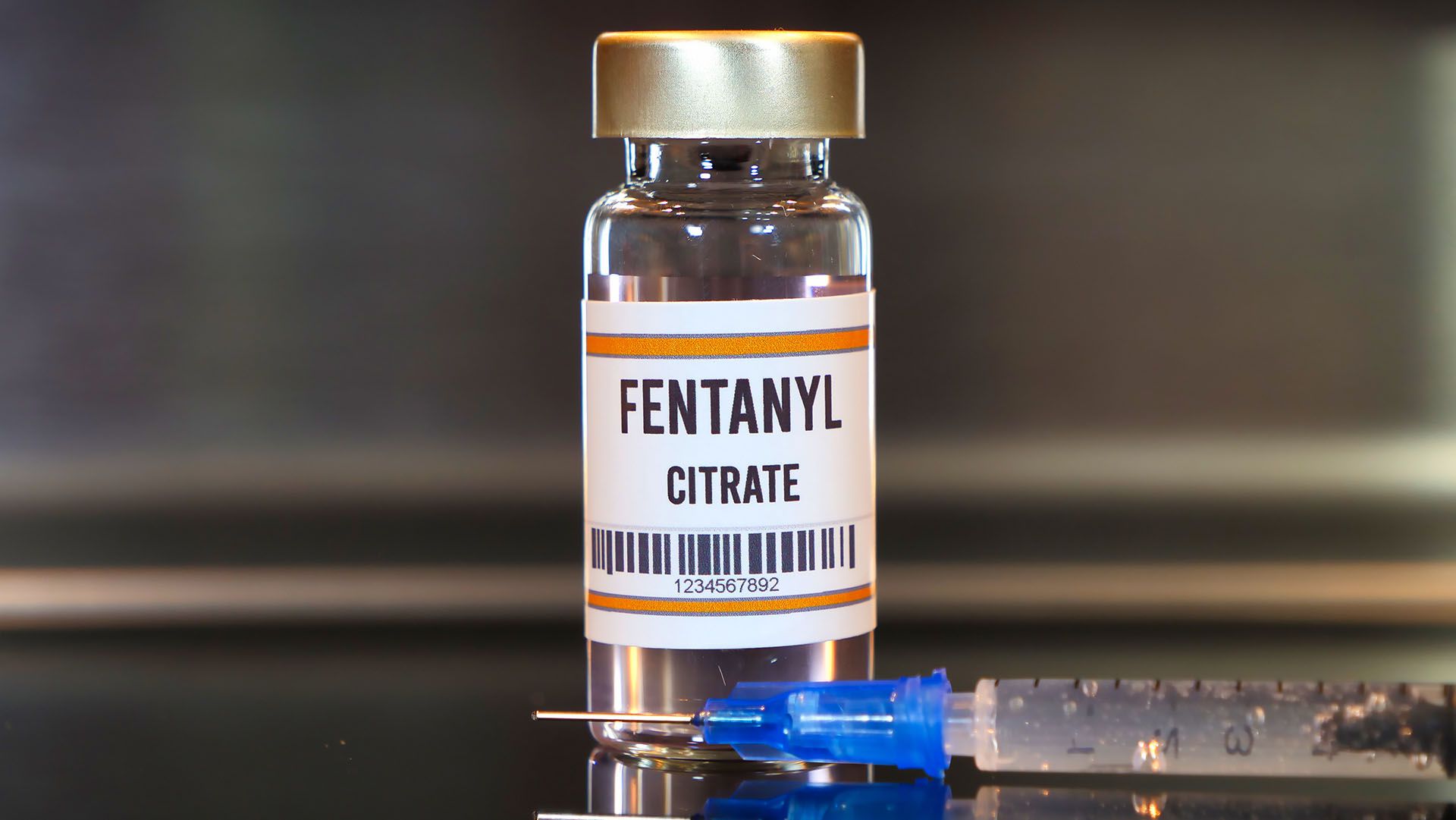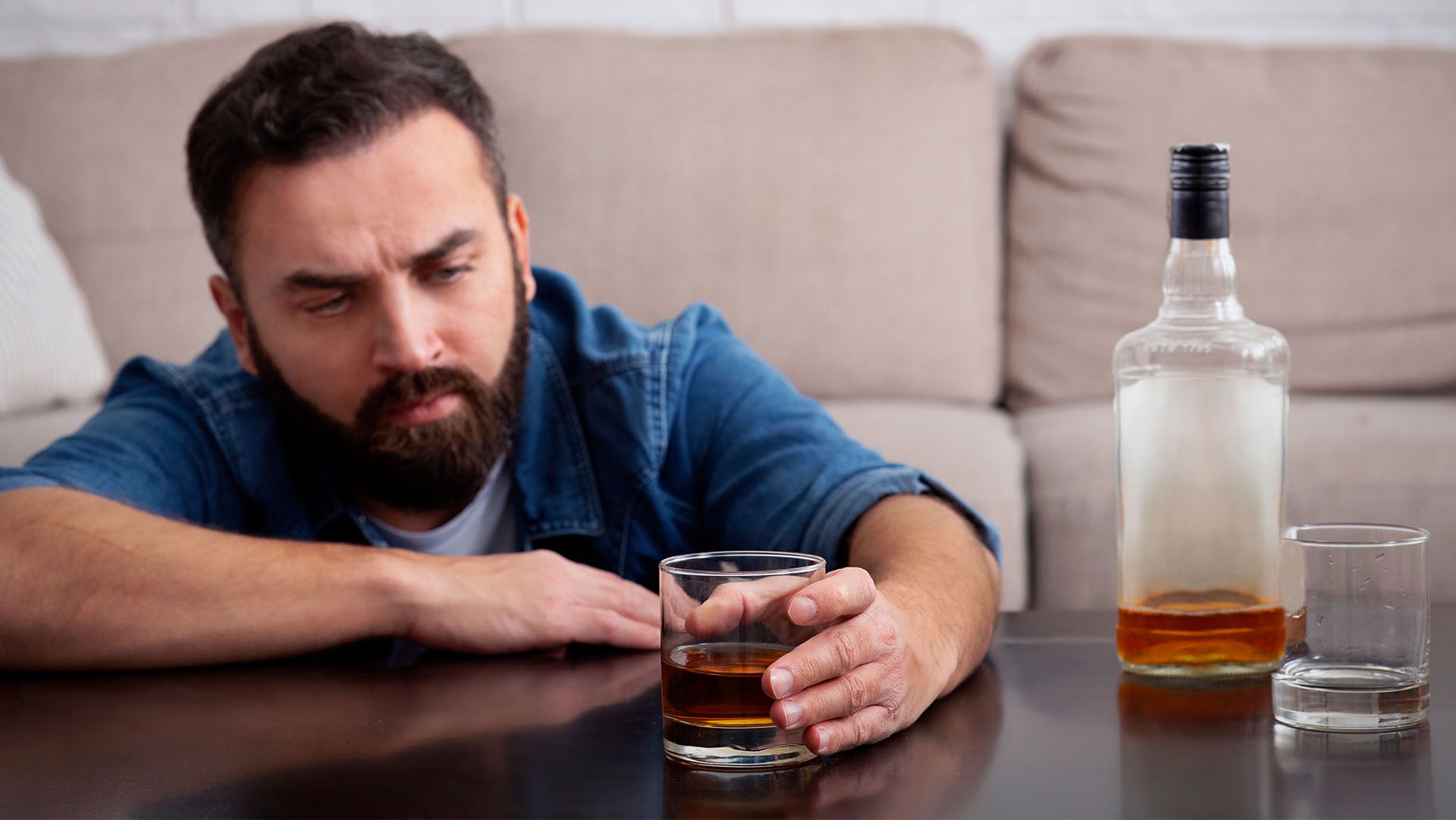Drug Abuse Explained
Millions of Americans abuse drugs each year, but most are convinced they’re totally alone. Drugs convince users to keep their use quiet, convincing many addicts that no one’s addiction is as bad as theirs. Rest assured, addiction does terrible things to everyone it affects. No matter how badly your drug use has affected your life, you are not alone. Before you explore your drug addiction treatment options, it’s important to understand the difference between drug abuse and drug addiction, since knowing where you are on this continuum can help you seek the right treatment.
Drug Abuse vs. Drug Addiction
In the popular literature, drug abuse and drug addiction are often used interchangeably. Clinically speaking, though, there are subtle differences between the two. Drug abuse is simply illegal or ill-advised used of drugs and alcohol. Addiction occurs when your abuse leads to a chemical dependency that makes quitting feel virtually impossible. A drug abuser may be able to quit without experiencing withdrawal; a drug addict cannot.
Characteristics of Drug Abuse
This is the single most important risk factor for drug addiction. No matter what other risk factors you grapple with, you won’t develop an addiction if you don’t use drugs.
Some characteristics of drug abuse include:
- Using any illegal drug.
- Using prescription drugs without a prescription.
- Faking medical symptoms to get prescription drugs.
- Drinking more than one drink per day for women, or two drinks per day for men.
- Doctor-shopping to gain access to prescription drugs.
- Using prescription medications for recreational purposes. For instance, if you fake symptoms to get medical marijuana for recreational use, you’re abusing this drug.
- Using someone else’s prescription drugs.
- Forging prescriptions.
Treatment for Drug Abuse
It is not technically a medical condition. Instead, it’s a precursor to the disease of addiction. For this reason, it’s possible to quit abusing drugs without medical assistance, but it may still prove challenging. While drug addicts often need inpatient rehab or intensive treatment, drug abusers who need additional help often have good luck with less intensive treatment methods, including:
- Individual therapy
- Support groups such as Narcotics Anonymous and Alcoholics Anonymous
- Healthy lifestyle changes, such as avoiding other drug abusers, getting plenty of exercises, and adopting a healthy diet.
If you find you can’t quit abusing drugs even with the above measures, you’re likely an addict, not an abuser. Call Toronto Addiction Centre for help finding your way back to sobriety.
Further Reading:
NIH: Is There a Difference Between Physical Dependence & Addiction?
Drug Addiction: Symptoms & Signs
Teen Drug Abuse
Prescription Drug Abuse
Am I an Addict?







